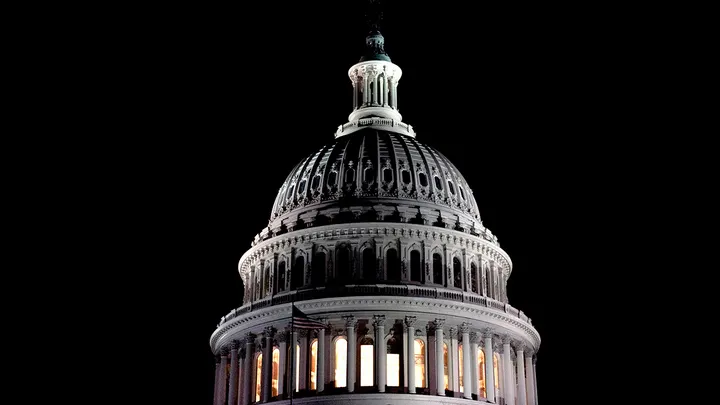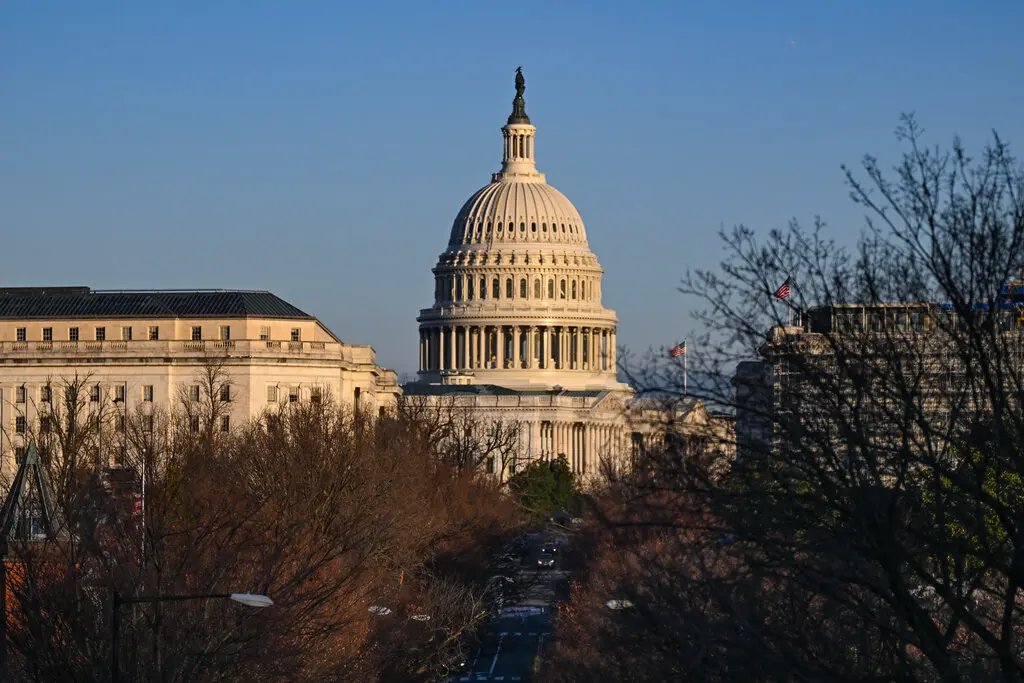House Passes Bill Allowing Treasury to Target Nonprofits Supporting Terrorism

In a significant development, the U.S. House of Representatives has passed a bill that would grant the U.S. Treasury Department expanded powers to target nonprofits it deems to be supporting terrorism.
The bill, which aims to tighten the United States’ efforts in countering the financing of terrorism, has sparked both praise and concern among lawmakers, advocacy groups, and international organizations.
Supporters argue that the bill will enhance national security by cutting off financial support to terrorist organizations, while critics warn that it could infringe upon civil liberties and disproportionately affect charitable organizations.
Key Provisions of the Bill
The newly passed legislation, known as the “Nonprofit Terrorism Prevention Act,” allows the Treasury Department to impose sanctions on nonprofit organizations it identifies as providing financial, logistical, or operational support to groups deemed to be involved in terrorism.
The bill also authorizes the Treasury to freeze assets, block transactions, and revoke the tax-exempt status of any nonprofit that is found to be associated with terrorist activities.
Under the provisions of the bill, the Treasury will have more flexibility in investigating organizations, and it will be able to use financial intelligence tools to track donations and funding flows.
Additionally, the bill expands the scope of the U.S. government’s ability to target international nonprofit organizations that may be linked to extremist groups, even if these organizations are based outside the United States.
Supporters of the bill argue that the measure is necessary to protect U.S. citizens from the threat of terrorism and to prevent nonprofits from being exploited by groups that wish to harm the country.
“This bill is a critical step forward in ensuring that charitable funds are not misused to fuel terrorism,” said Rep. John Smith (R-CA), one of the bill’s sponsors. “We must ensure that our charitable sector is not inadvertently helping groups that promote violence and hate.”
The National Security Argument
Proponents of the bill emphasize that terrorism financing is a significant concern for U.S. national security. The U.S. government has long recognized that terrorist groups rely on a wide range of financial support to fund their operations, including donations through nonprofits, charities, and other forms of philanthropic activity.
By allowing the Treasury Department to track and block financial flows to such organizations, the bill aims to disrupt the financial networks that terrorist groups depend on.
The U.S. Treasury’s Office of Terrorism and Financial Intelligence (TFI) already plays a key role in identifying and blocking assets linked to terrorist groups.
This bill is seen as an extension of existing counterterrorism efforts, further enhancing the Treasury’s ability to target and dismantle the financial networks that sustain terrorism.
Rep. Sarah Jones (D-NY) highlighted the importance of the legislation in the fight against global terrorism, saying, “We cannot allow bad actors to use our legal and financial systems to fund operations that harm innocent people. This bill gives the U.S. government the tools it needs to prevent these funds from reaching terrorist organizations.”
Concerns Over Civil Liberties and Charity Sector
While the bill has garnered support from many in Congress, it has also faced significant opposition, particularly from advocacy groups concerned about its potential impact on civil liberties and the charity sector.
Critics argue that the bill could lead to overreach by the government and could result in the wrongful targeting of legitimate charities that may be misidentified as supporting terrorism.
“Nonprofits play a vital role in providing humanitarian aid, education, and disaster relief to communities around the world,” said Emily Thompson, a spokesperson for the Charity Defense Coalition.
“This bill could unfairly punish organizations that are working to make a positive impact in vulnerable communities, and it could create a chilling effect on the nonprofit sector as a whole.”
Civil liberties organizations have also raised concerns about the potential for abuse, arguing that the bill’s broad language could lead to violations of due process rights.
They point out that the Treasury Department’s ability to freeze assets and revoke tax-exempt status without a formal trial or judicial review could result in significant harm to innocent organizations.
“This legislation gives the Treasury Department too much power without adequate checks and balances,” said David Carter, a senior legal advisor at the American Civil Liberties Union (ACLU).
“It risks undermining fundamental constitutional protections, such as the right to due process and the freedom of association.”
The International Implications
Internationally, the bill has raised concerns among organizations working globally in areas affected by conflict and terrorism.
Nonprofit organizations that operate in conflict zones could be disproportionately impacted by the legislation, especially in regions where terrorist groups are active and the lines between humanitarian aid and terrorist support can sometimes be blurred.
Many international organizations fear that the bill could lead to increased scrutiny of their activities, making it more difficult for them to operate in areas where humanitarian work is needed the most.
“We already face tremendous challenges in areas like Syria, Yemen, and Afghanistan,” said one representative from an international NGO. “This bill could make it even harder for us to do our work without fear of government sanctions.”
In response, some lawmakers have suggested that the bill could be amended to include safeguards to ensure that humanitarian aid organizations are not unfairly targeted.
“We must strike a balance between national security and the right of charitable organizations to operate freely,” Rep. Jones said. “We need to make sure that humanitarian groups are not caught in the crossfire.”
Senate and Possible Amendments
The bill has now moved to the U.S. Senate, where it is expected to face further debate. Some senators have already expressed concerns about the legislation’s potential impact on charitable organizations, and there may be efforts to amend the bill to address these issues. The Senate will likely hold hearings and discussions on the matter before taking a final vote.
In the meantime, the bill’s passage in the House has brought the issue of terrorism financing to the forefront of national political discourse.
Whether the legislation will ultimately become law will depend on ongoing negotiations in the Senate, but it has already sparked a larger conversation about how to balance national security priorities with the protection of civil liberties and the rights of nonprofits to operate freely.
The House’s passage of the bill granting the U.S. Treasury Department greater authority to target nonprofits suspected of supporting terrorism represents a significant shift in U.S. counterterrorism policy.
While the bill has the potential to enhance national security by cutting off terrorist funding, it also raises critical concerns about its impact on the nonprofit sector and the balance between security and civil liberties.
As the bill moves through the legislative process, it will likely continue to spark debates about how to best address the complex issue of terrorism financing while safeguarding the rights of legitimate charitable organizations.






